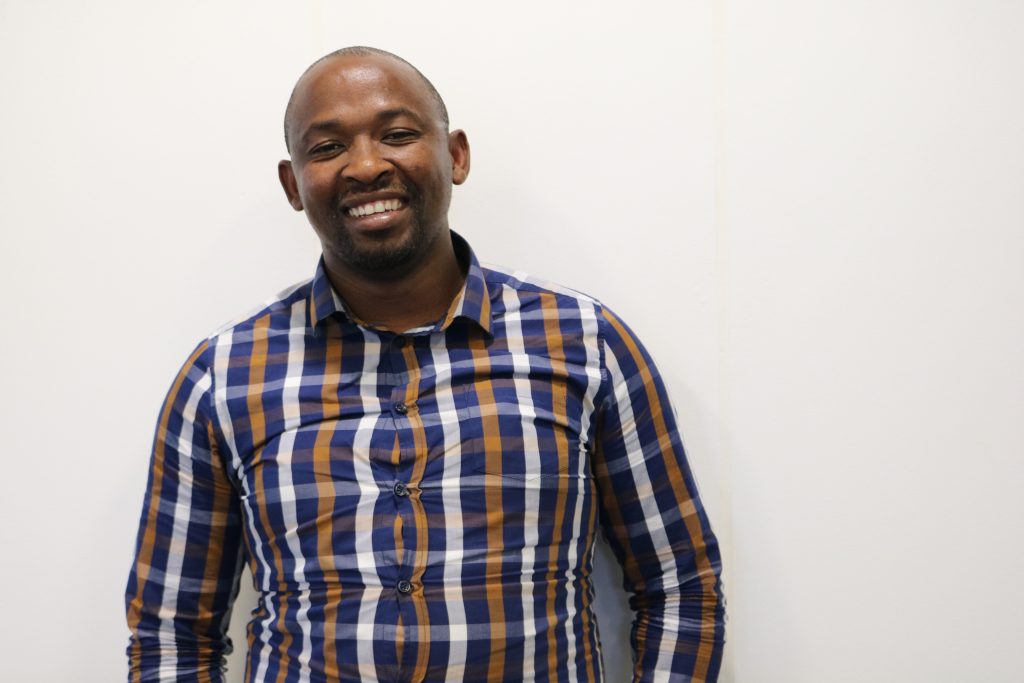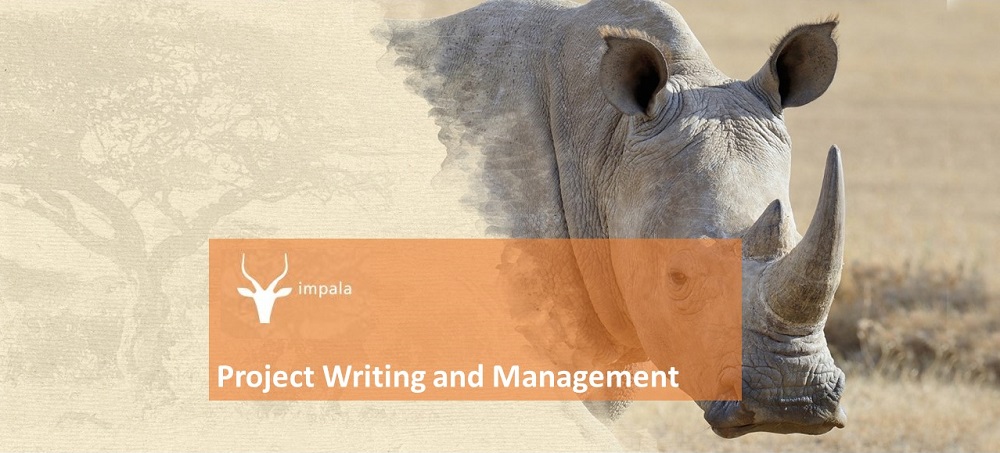In March 2017, I was fortunate enough to take part in a training programme organized by IMPALA, the key focus of which was project writing and management. It was my first time attending a formal training programme of its kind. Initially when I registered for the programme I hoped to improve my skills for writing grant proposals. However, because of the intensity of the programme I got exposed to a wide variety of skills, from understanding the different types of calls to searching for and identifying ‘relevant and eligible’ international calls, and so on. Equipped with this knowledge, I was able to apply for funding successfully through the South African National Research Foundation – Thuthuka Funding Instrument in May 2017, just a month after completing the IMPALA programme. It is my belief that such initiatives are important in meeting university strategic goals, such as supplementing the university’s revenue through third-stream income and advancing the institution’s international standing.
External funding & emerging academics
As an academic, I always had a rather narrow sense of what external funding involved, in that my scope was limited to a selection of national calls. Before the IMPALA programme I never considered applying for external funding from international agencies, since I thought it was only for seasoned and well-connected professors with exceptional skills in project writing and management. As much as the latter is correct, we, as emerging academics, have a role to play in assisting our universities and faculties in attracting external funding. After attending the IMPALA training programme, I came to realize that all academics can secure external funding if they have good project writing skills and a functioning and supportive team that is willing to go the extra mile to achieve the goals of the project.
My IMPALA training outcomes
The core elements of my role and responsibilities include teaching, research and community engagement. The IMPALA training programme allowed me the flexibility to practise writing and developing good, fundable working project proposals for both national and international funding agencies. To further illustrate the outcomes of the training, in addition to the grant awarded to me as a result of what the programme equipped me with, I am also establishing a team of emerging researchers at the University of Fort Hare to take part in an Erasmus Plus capacity-building project with South African and EU universities to broaden their horizons and skills base.

I have always known about the availability of external funding, but I had no thorough knowledge of how to access the funds, especially because I felt I had a lack of essential good project-writing skills when developing a project proposal for international funding. Prior to the programme I had little knowledge about project writing and my main experience was with academic proposals, not project grant applications. I gained valuable information and knowledge regarding international project funding, especially on EU-funded projects. Moreover, I received training on many project writing principles and etiquette. For example, I was exposed to a wide range of external and international funding agencies and I learned how to identify a call that is relevant for my specific discipline, to plan project activities using the Logical Framework Matrix, to write concept notes and to find a successful match between my research needs and the expectations of the donor.
My expectations of the course included basic project management principles and the key areas that one needs to pay attention to when writing a project proposal. The course exceeded these expectations because the content covered was intense and thorough.
The importance of external funding and connected support services
The effectiveness and efficiency of a researcher is judged and rated by the amount and quality of the research outputs he/she produces. On the other hand, the production of these research outputs is somehow dependent on the ability of the researcher to source external funding in order to conduct research. Therefore, it is necessary for researchers to have certain knowledge and skills when it comes to external funding and project writing.
Sourcing external funding at institutional level is essential in order to meet strategic goals and also to advance the university’s international standing. This is clear in one of the strategic enablers outlined at the University of Fort Hare. The strategic enabler states the following:
“Ensure good financial management in all entities and, where applicable, supplement the university’s income through third-stream income (utilizing our financial resources (internal and external) wisely to deliver first rate education).”
In my opinion, if the University of Fort Hare is expected to attract more external funding, there is a need to have a centralized office whose main objective is to attract external funding. Currently, most external funding comes via the Govan Mbeki Research Development Centre (GMRDC), but there is limited administrative assistance for researchers due to staff shortages and a lack of exposure. If the university can capacitate these staff members and those from the International Office and align their responsibilities, I have no doubt that we can attract more external funds.


